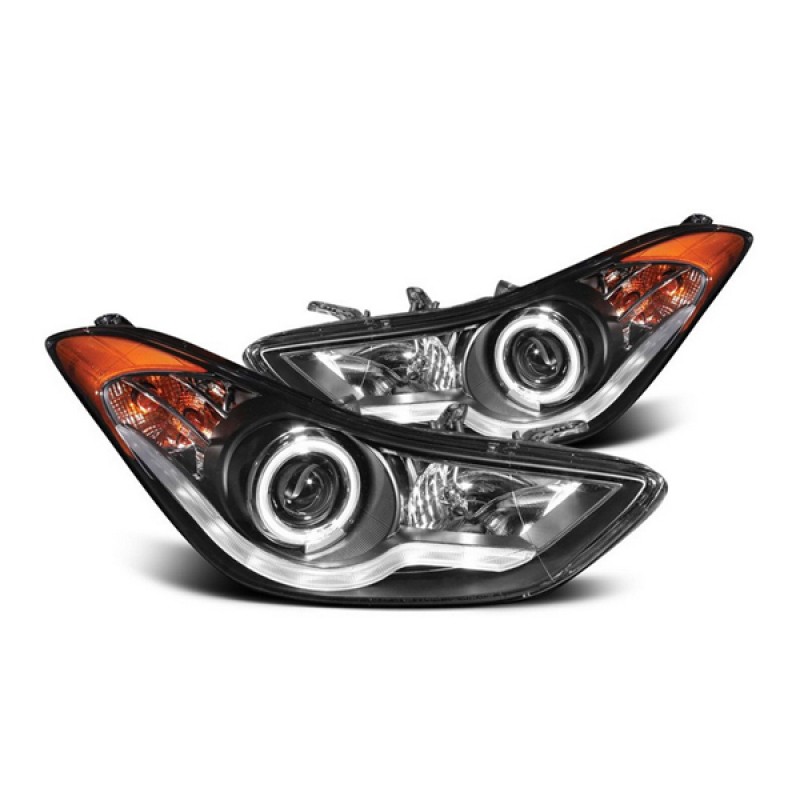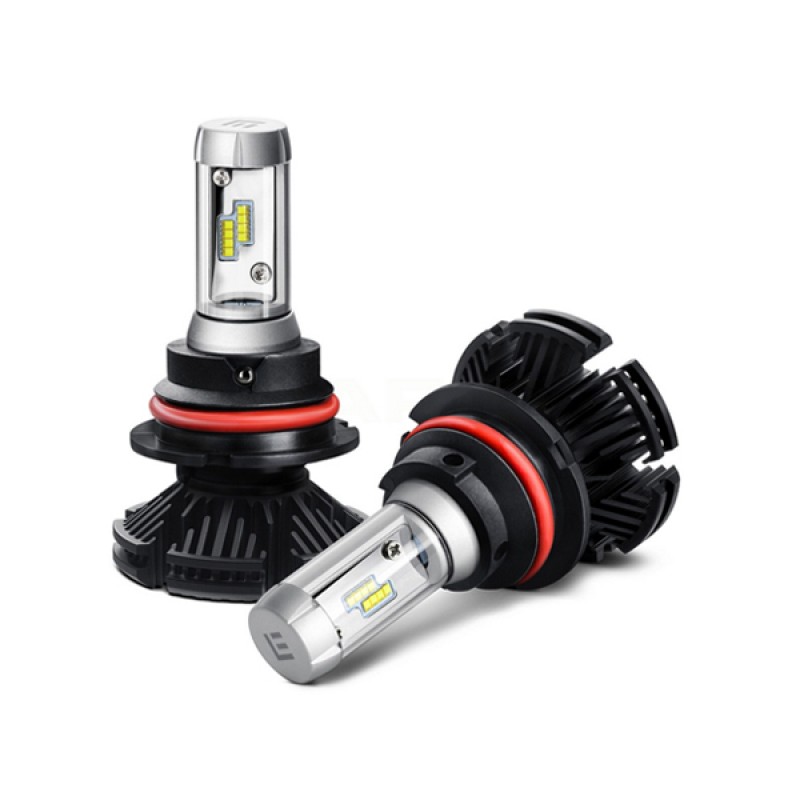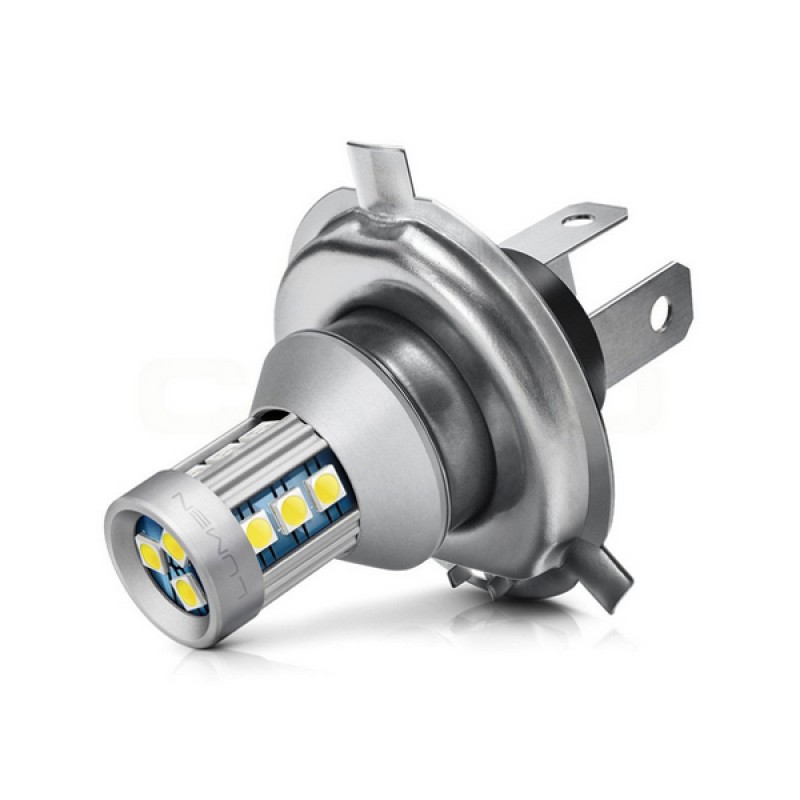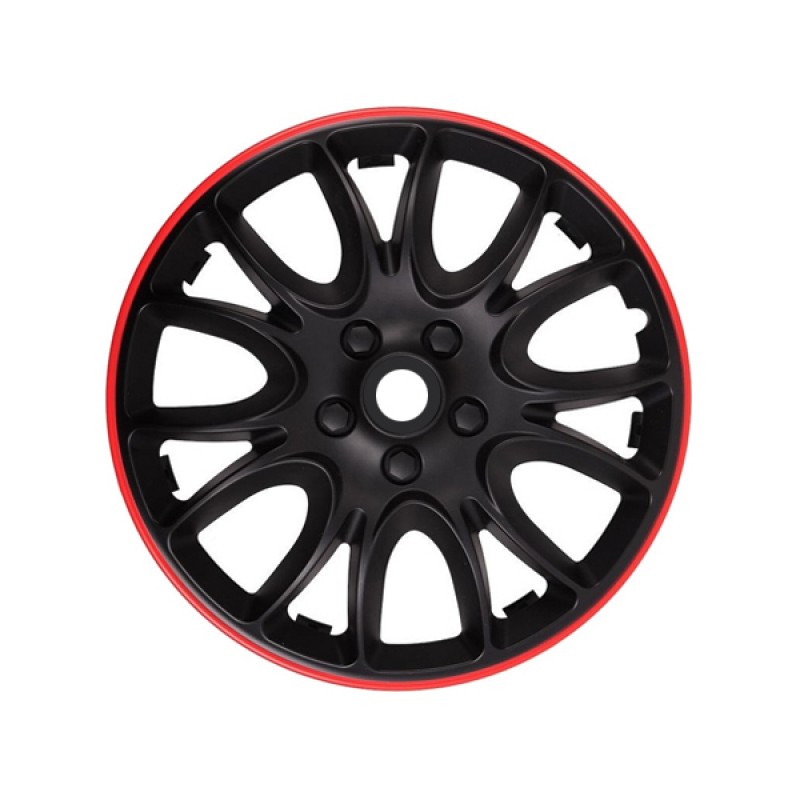
Precision engineering applications across a variety of industries
Aviation
Precision engineering is critical in the aerospace sector, according to AATCO one of the deburring tools suppliers in Dubai, where high levels of precision and dependability are required. Precision engineering makes sure every part of the aviation sector runs smoothly, from the manufacture of aircraft components to the design of complex navigation systems.
Turbine blade manufacture, for example, necessitates precise machining procedures to obtain the appropriate aerodynamic qualities, resulting in increased fuel economy and performance. Furthermore, modern avionics systems are developed using precision engineering to build accurate actuators and sensors that improve safety and navigation.
Health
Precision engineering has transformed the medical industry by enabling advances in diagnosis, therapy, and surgical procedures. Medical equipment such as pacemakers, artificial limbs, and surgical instruments are precisely developed and made utilising precision engineering methods.
For example, the growth of less-invasive surgical methods, such as laparoscopy, is dependent on accurate equipment that allows surgeons to conduct complex procedures with little invasiveness and shorter recovery times. Precision engineering is also important in the creation of customised implants, which ensure a flawless fit and improve patients' quality of life.
Automobile
The automobile industry places a high value on precise engineering to increase vehicle performance, protection, and efficiency. Attention to detail is at the heart of automotive innovation, from engine component design and manufacture to sophisticated driver-aid system development.
Precision machining processes, for example, are required for high-performance engine manufacture to attain tight tolerances and optimise power output. Furthermore, the growth of autonomous cars is strongly reliant on precise actuators and sensors, which allow for precise navigation and immediate decision-making.
Electronics and semiconductors manufacturing
Precision engineering is essential in the manufacturing of electronic gadgets and semiconductors, where minuscule components and complicated circuitry necessitate extreme precision. Microelectronic gadgets, such as cell phones and computer chips, rely on precise manufacturing methods to ensure faultless performance.
Nanoscale details on semiconductor wafers may be created using precision engineering techniques such as photographic printing and etching, allowing high-performance integrated circuits to be produced. Furthermore, precise robots and automated systems are required for electronic component assembly to enable correct positioning and soldering.
Energy Sector
Precision engineering is critical in the energy business, according to CNC cutting oil suppliers in Dubai, particularly for renewable energy sources. Wind turbine blades, for example, require precise engineering to ensure maximum aerodynamic efficiency and structural integrity.
Furthermore, the creation of solar panels is dependent on precise manufacturing procedures to achieve optimal energy conversion efficiency. Precision engineering also helps to produce high-efficiency gas turbines that are used in power generation, allowing cleaner and more environmentally friendly forms of energy.








